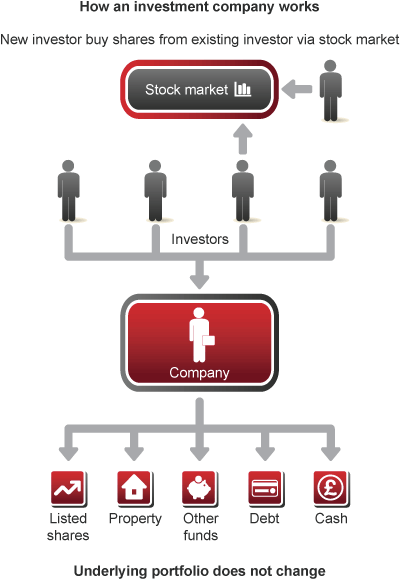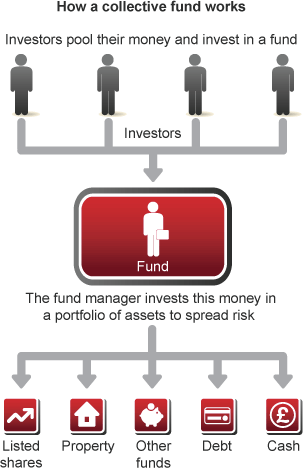C (‘Conversion’) shares help an investment company grow in a way that protects the interests of existing ordinary shareholders.
When an investment company wants to grow, it may issue C shares. These shares and the proceeds are held in a separate pool and invested in a portfolio of assets.
After a certain period, or when the pool of new money is fully invested, the two portfolios are merged and the C shares are exchanged for ordinary shares.
The advantage of C shares is that existing ordinary shareholders:
- don’t have to take up the C share offer if they don’t want to
- don’t have their returns affected while they wait for the proceeds of the C share to be invested
- don’t bear any of the issue costs



